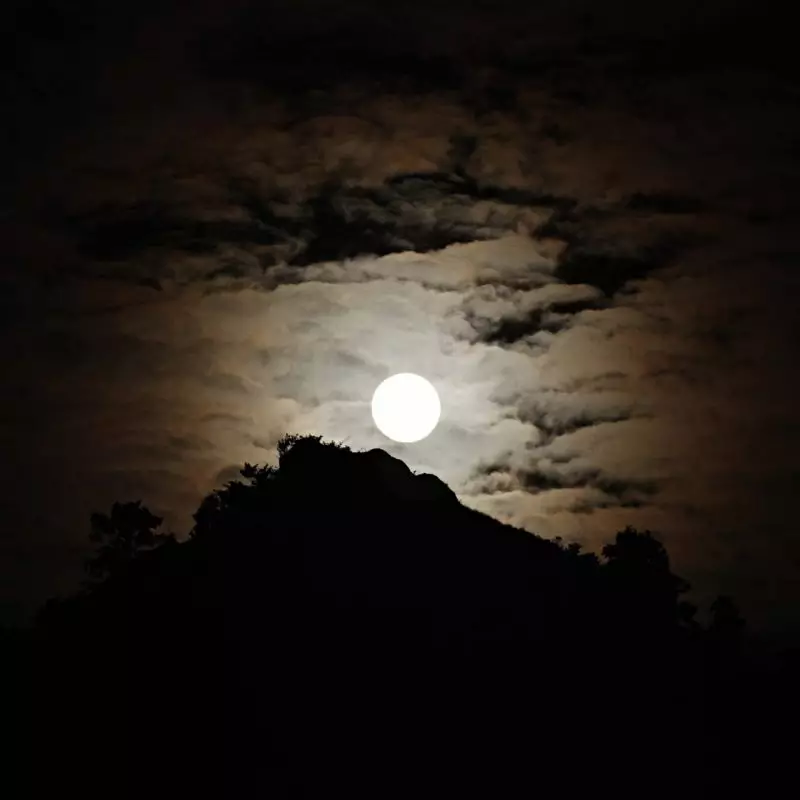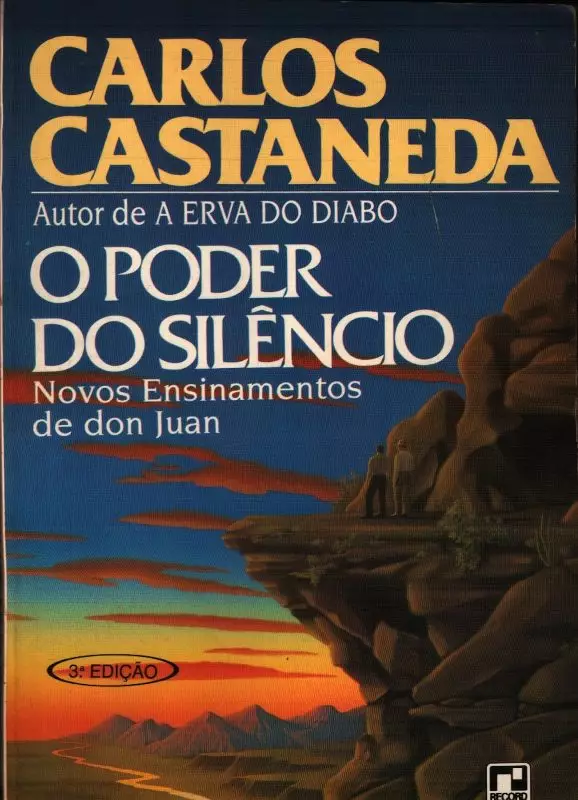Among all the traps of the human mind, self-importance is the most subtle and devastating. It seduces us with the idea that we are unique, protagonists of a cosmic story tailored just for us. Fed by praise, propaganda, and comparisons, we grow up believing that every gesture, every emotion, every thought is singular and irreplaceable. But what if this belief is only a mirage? What if everything we feel, think, and seek is nothing more than infinite repetitions, endlessly recycled through countless generations?
The Toltec tradition sees self-importance as the warrior’s most dangerous enemy. Not because it is grand, but precisely because it is petty: it drains our energy in small vanities, comparisons, and illusions of significance. What we take to be greatness is nothing more than a speck of dust reflected in a worn-out mirror. Facing this truth is uncomfortable, but also liberating. Only when the mask of personal importance falls does space open for sobriety, for the naked vision of reality.
You are not the main character of existence. You are not a rare event. You are a repetition. Every thought that has crossed your mind has already been thought before, in languages you will never know, by people who died centuries ago and were buried without a name. Your desires, your sorrows, your dreams — all are borrowed scripts, recycled through billions of anonymous lives.
Since birth, the world has whispered in your ear: “you are special, unique, irreplaceable.” Your parents said it, your teachers reinforced it, every advertisement repeated the promise. And you believed it, because the alternative seemed unbearable. After all, if you are not special, then you are just another: another face in the crowd, another echo in the noise, another organism in a species destined for oblivion when the sun burns out.
The truth is not poetic. It is arithmetic. Billions live now. Hundreds of billions have lived before. What could you possibly say, feel, or be that hasn’t happened countless times already? You are not an uncut diamond. You are a grain of sand in a desert that doesn’t even know your name.
And yet, here lies the shock: everything we call originality is only variation of the same. The broken heart of a teenager who believes they live through a private apocalypse has been staged millions of times. The entrepreneur who imagines changing humanity walks in the footprints of others who already disappeared into dust. Every revolt, every flag, every quest for authenticity has already been turned into merchandise, sold as novelty, consumed as if it were liberation. Even rebellion has become a product.
But do not think this is a depressing diagnosis. What is depressing is living in the fragile lie of one’s own importance, believing to be different while repeating the worn-out script of the species. What is depressing is watching billions chase the same dream and call it “being special.”
The rupture begins when you face the abyss and admit: I am not unique, I am not irreplaceable. When you can look at this realization without flinching, a space of freedom opens. The illusion falls apart, and with it, the soul factory that molds individuals in series under the seal of “authenticity.” There is no true rebellion in this system: even the attempts to be different are recognizable patterns, pre-sewn costumes, rented identities.
This repetition is not an accident: it is the architecture of life. Laughter, tears, wars, loves — they all return, like an ancient wheel that never stops spinning. What you call your life is just the same choreography, in a different costume, in a different century. You believe we have evolved, that we are more advanced than the ancients. But strip away our devices and jargon: what remains are the same cravings for recognition, power, affection, meaning. Nothing has changed at the root.
Here lies the humiliation: even your most intimate thoughts are inherited. Studies show that more than 90% of what we think today is repetition from the day before. The same concerns, the same desires, the same fears. Even so-called “exceptional” lives follow the common dance: inspiration, frustration, pride, decay, oblivion. What is called genius does not escape the cycle. Everything is swallowed by the same void that has already consumed empires, monuments, and masterpieces.
That is why the Toltec warrior says that self-importance is the worst enemy. Nothing drains more energy than believing oneself to be special, that everything revolves around one’s own story. Self-importance is the most subtle prison, for it binds with invisible chains of vanity and comparison. Those who see themselves as the center of the world lose the lightness of freedom.
But there is power in conscious defeat. The day you abandon the cult of being someone, that day is the first of true sobriety. It is not about resignation, but about refusing servitude to illusions. You do not need to be the strongest, the smartest, the most remembered. You do not need to leave a legacy, start a movement, or save the planet. The world will erase your name, whether you want it or not. So why live chained to the weight of the fantasy of importance?
Recognizing yourself as nobody is an act of inner dismantling. When you no longer need to prove anything, when you stop measuring life by applause, when the stage dissolves — only then does life truly belong to you. The silence that remains is not emptiness: it is the possibility to finally see, without masks.
Everything you fear losing is already temporary. Everything you desire will fade away. Nothing can make you greater or smaller than you already are. What remains, raw and naked, is the awareness of the present moment. And in that nakedness lies the only chance of freedom: not because you are exceptional, but because you no longer need to be.
Gebh al Tarik

